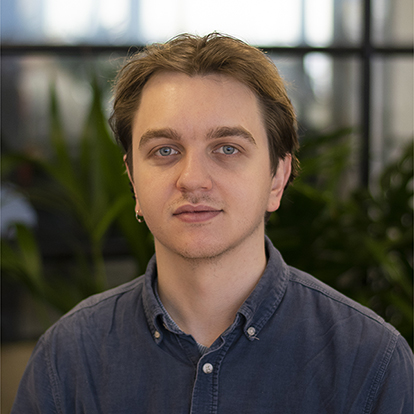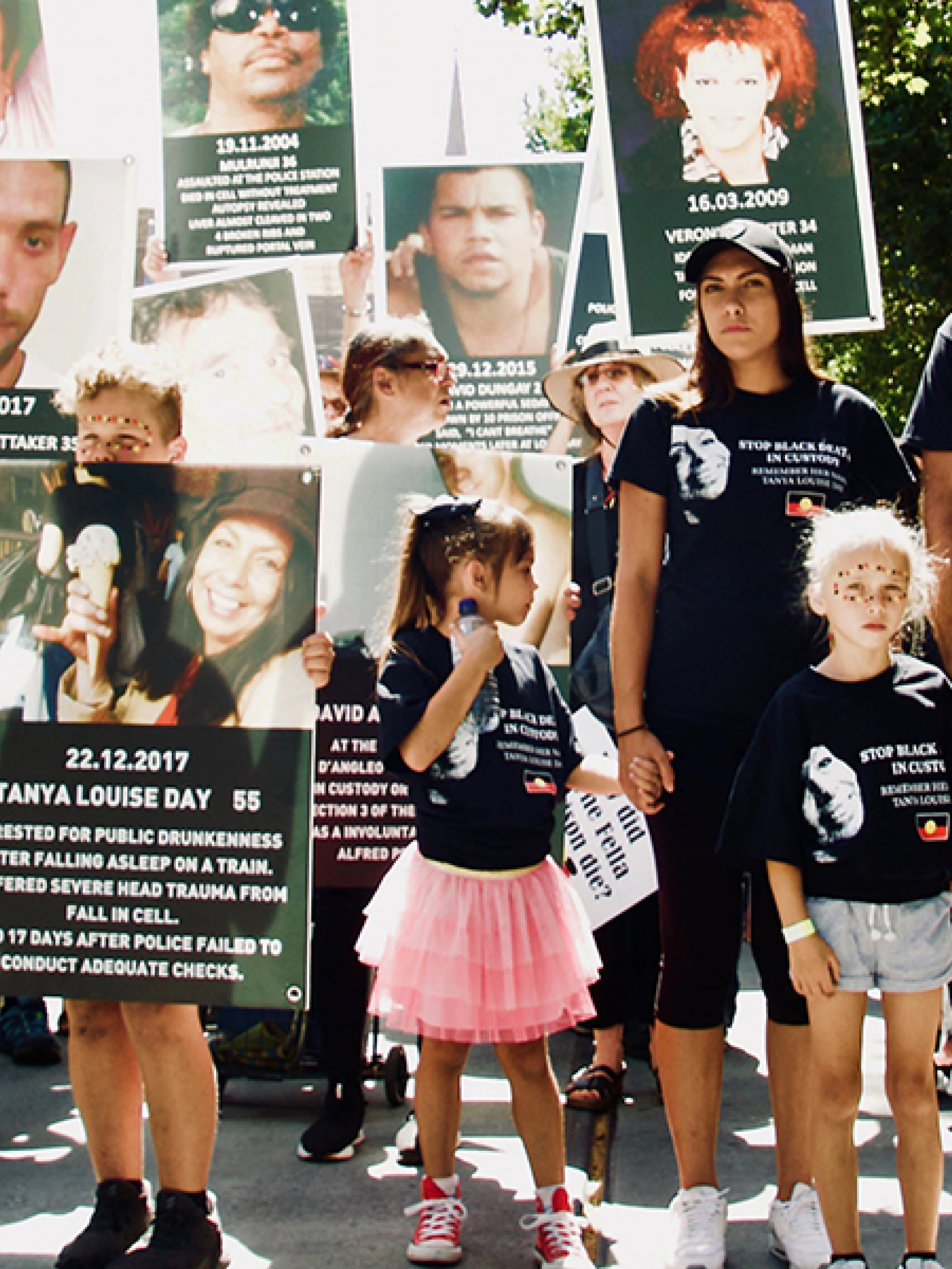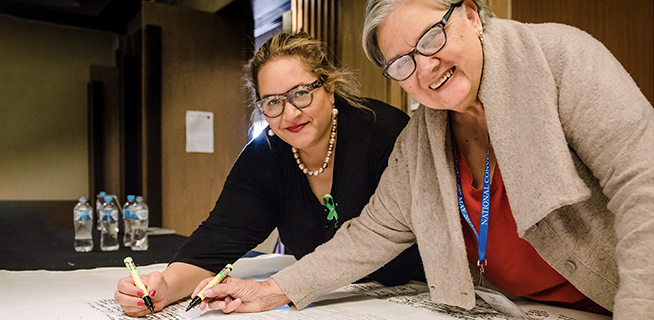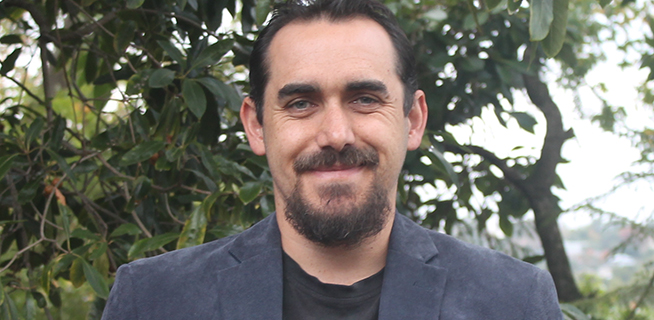Earlier this month, NAIDOC Week celebrations were held across the country to recognise the history, culture and achievements of Aboriginal and Torres Strait Islander peoples.
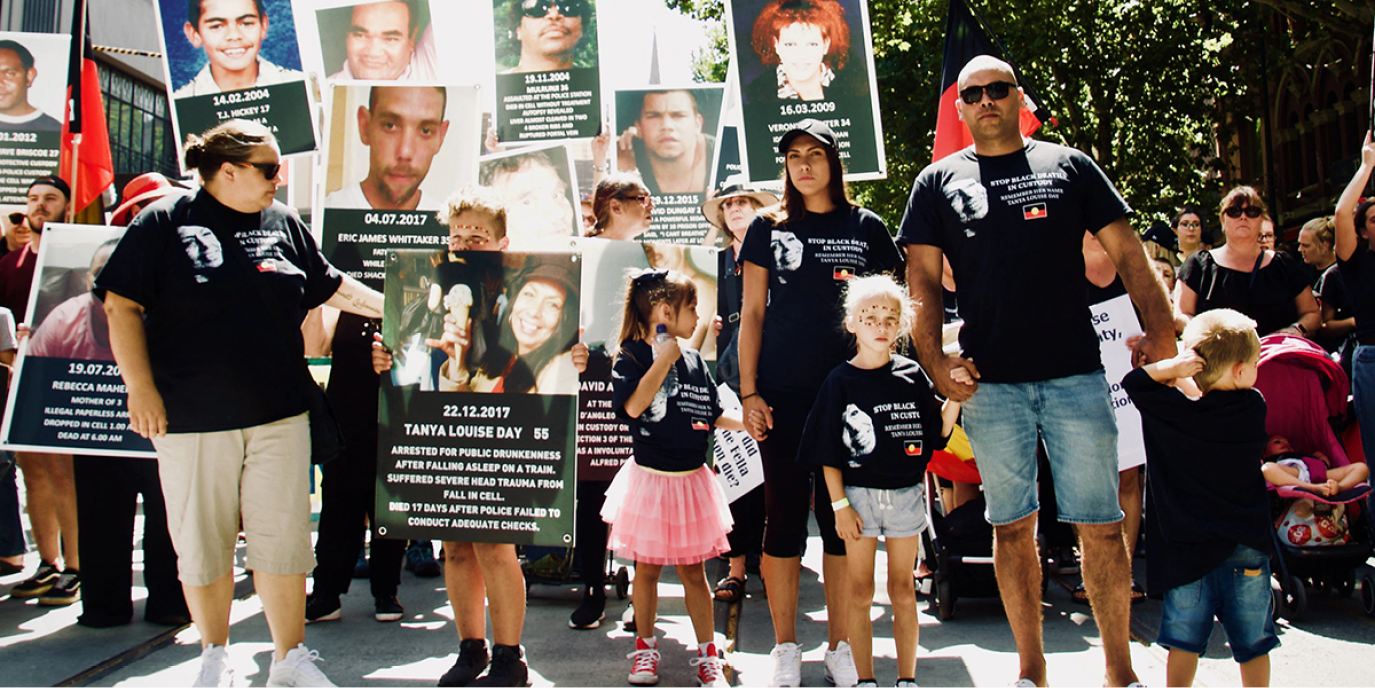
No justice without accountability: Apryl Watson and the fight to end Black deaths in custody
Establishing a foundation to support positive change is generally a cause for celebration, but Apryl Watson wishes she’d never had to establish the Dhadjowa Foundation.

